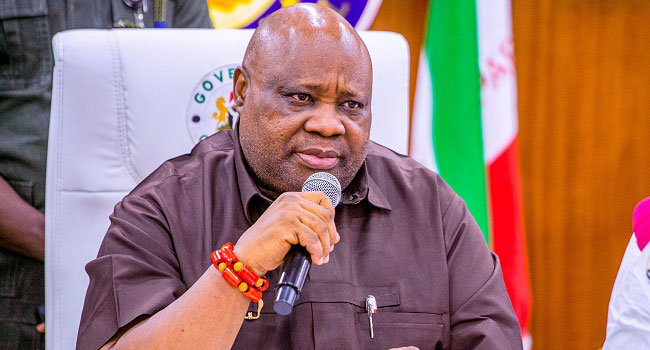A bill presented before the House of Representatives, aimed at altering the 1999 Constitution to modify the educational prerequisites for certain political positions, has been set aside. Championed by Adewunmi Onanuga, the proposed legislation intended to establish a minimal educational requirement for gubernatorial, presidential, and other crucial elective roles in Nigeria.
During the plenary session on Tuesday, Onanuga, who represents Ikenne/Sagamu/Remo North Federal Constituency in Ogun State, led the discussion, advocating for a constitutional amendment mandating elective officeholders to hold a university degree or its equivalent. This proposition contested the current provision, which permits individuals with only a First School Leaving Certificate to vie for the highest offices in the land.
While the bill found support from House Leader Julius Ihonvbere, Babajimi Benson, Kingsley Chinda, and several other lawmakers, opposition arose from legislators such as Aliyu Madaki from Kano State and Ahmadu Jaha (APC, Borno), among others. These dissenting voices raised objections to the proposed alteration, highlighting potential drawbacks or ramifications.
The discourse underscored differing viewpoints within the House concerning the necessity and viability of adjusting the educational prerequisites for electoral contenders. Advocates argued that raising the minimum educational requirement could augment the caliber and proficiency of elected representatives, aligning with contemporary governance norms.
Conversely, adversaries voiced reservations regarding the potential exclusionary repercussions of imposing higher educational criteria, stressing the importance of inclusivity and equal opportunities in the political sphere. The discussions mirrored broader dialogues on meritocracy, accessibility, and representation within Nigeria’s democratic structure.
By setting aside the bill, the House of Representatives has chosen to postpone further examination and discussion on the proposed amendment. The decision to defer consideration of the legislation underscores the intricacies and subtleties involved in addressing constitutional reforms and emphasizes the significance of inclusive discourse and consensus-building in the legislative arena.




